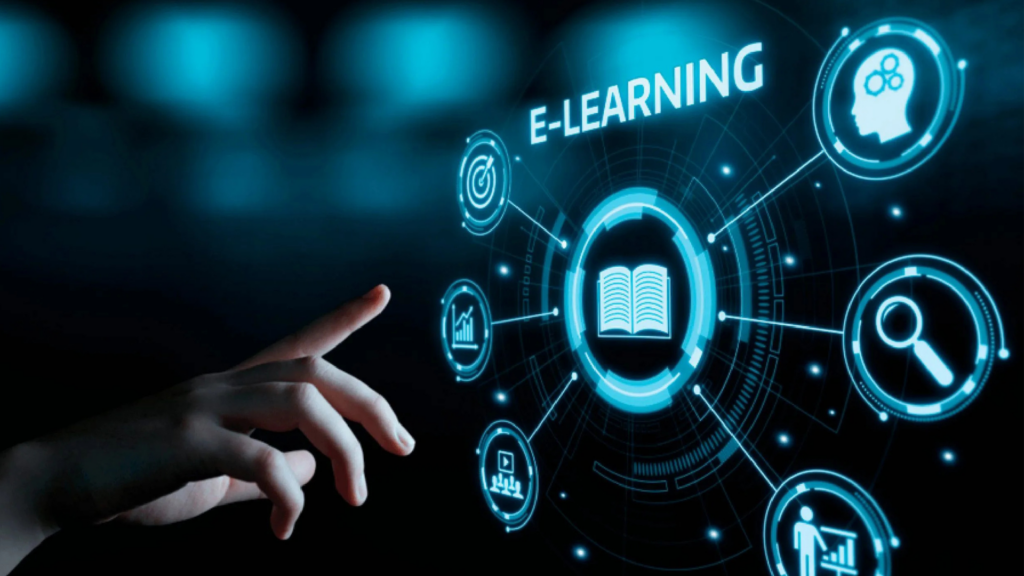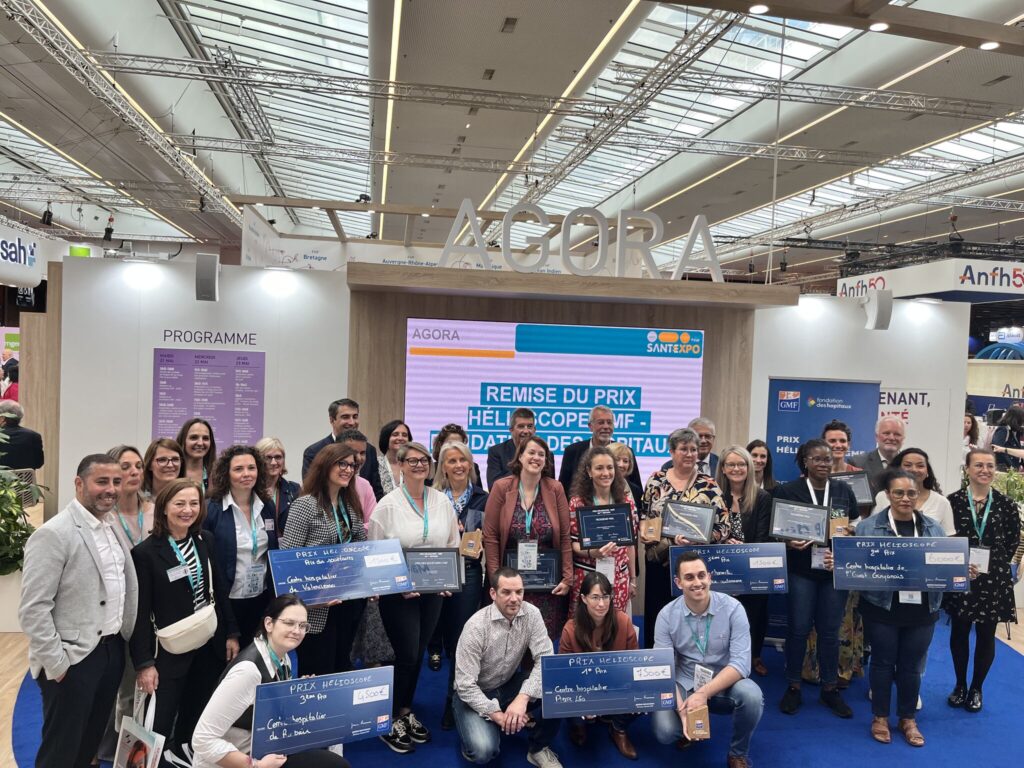E-health trends to watch in 2023

The COVID-19 crisis has prompted the healthcare sector to innovate and adapt. According to Mind Health, a professional information service dedicated to the changing healthcare market, funds raised by French e-health start-ups reached €929.45 million in 2021.
This increase was also seen in public sector investments. In 2021, the “Digital Health” acceleration strategy had been announced, aimed in particular at boosting, to the tune of 50 million euros, innovation aid targeted at new digital uses in healthcare.
In 2023, new challenges have emerged: patients want better access to care and more effective treatments, and healthcare professionals are looking to improve their working conditions.
Major e-health trends in 2023
1/ Artificial Intelligence (AI) to improve health and patient experience
AI and Machine Learning in particular are at the heart of the medicine of the future. They are used in this field as solutions for collecting, analyzing and exploiting data in order to automate certain recurring tasks, so that nursing staff can concentrate on other, higher value-added tasks.
AI has many potential applications, such as faster, more reliable diagnostics, faster drug design and patient triage and referral.
2/ The boom in teleconsultation since the health crisis
The pandemic prompted healthcare professionals to innovate, with the result that teleconsultation was widely used during periods of confinement. According to Assurance Maladie figures, 5.5 million remote consultations were reimbursed between March and April 2020 (1st containment).
Today, although its use has declined, it remains an important part of medical activity. From 80,000 teleconsultations with private GPs in 2019, the figure has risen to 13.5 million in 2020 and 9.4 million in 2021.
Teleconsultation simplifies patient follow-up and reduces the need to travel. It also facilitates access to care, thereby combating medical deserts, and saves time for practitioners.
3/ IoT to optimize patient care
The Internet of Things (IoT) describes “objects” that integrate sensors, software and other technologies to connect to and exchange data with other devices and systems on the internet.
These objects give patients more control over their health: they can wear them or use them to check their body temperature, heart rate or blood pressure. This data is then transmitted to a doctor, who can monitor the patient’s state of health remotely.
4/ Medical voice recognition for greater flexibility
Dragon Medical One is the best-known voice recognition software in the industry. It allows you to write 6 times faster than with a keyboard, giving you more time to devote to your patients. It is 99% accurate when it comes to medical terminology, so it helps avoid data entry errors and makes patient records more accurate.
It is thus an essential tool for improving the quality of working life and patient care.
5/ The patient experience at the heart of healthcare
The crisis has prompted companies to put the patient experience back at the heart of their strategy. Patients’ needs and expectations have changed, and the challenge now is to communicate more effectively between patients and nursing staff, through active listening. In addition, the comfort of the infrastructure, such as design, furniture and the integration of new technologies, is an important element in fostering a positive experience.
Launched in 2021 in the midst of a health crisis, Moment Care offers an entertainment and information solution for healthcare facilities via its Mint platform. Its aim is to enhance the patient experience by offering a way to relax.
Suggestions

How do e-learning and entertainment enhance the patient experience in hospitals?
E-learning and entertainment enrich patients’ hospital experience. Here’s how it works
11 October 2024

The hospital of tomorrow: patient-centric
The hospital of tomorrow puts the patient experience at the heart of care, thanks to advances in safety, fluidity and innovation.
These pillars are redefining hospital care.
3 October 2024

Prix Hélioscope-GMF 2024 at SantExpo
Prix Hélioscope-GMF 2024 at SantExpo At SantExpo 2024, the twenty-sixth edition of the Helioscope-GMF Awards took place on May 23,
30 May 2024


